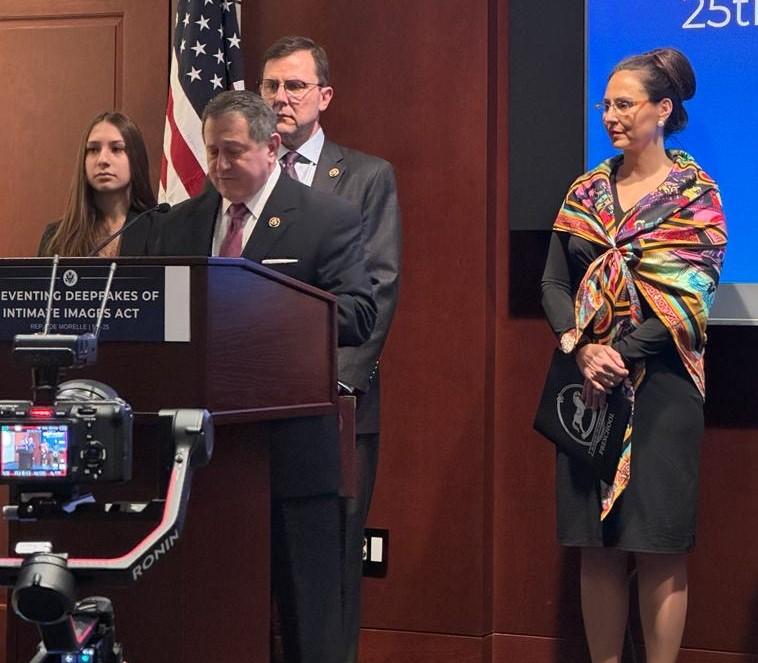The White House issued a statement on July 24 saying it was disappointed that Israel’s parliament, the Knesset, voted that day to approve a highly controversial bill—backed by Prime Minister Benjamin Netanyahu and his governing coalition—that reduces the power of its Supreme Court to challenge parliamentary decisions.
The bill is part of a broader package of judicial changes that Mr. Netanyahu and his team of lawmakers are pushing, and which have divided the Knesset down the middle, and sparked protests across the nation.





